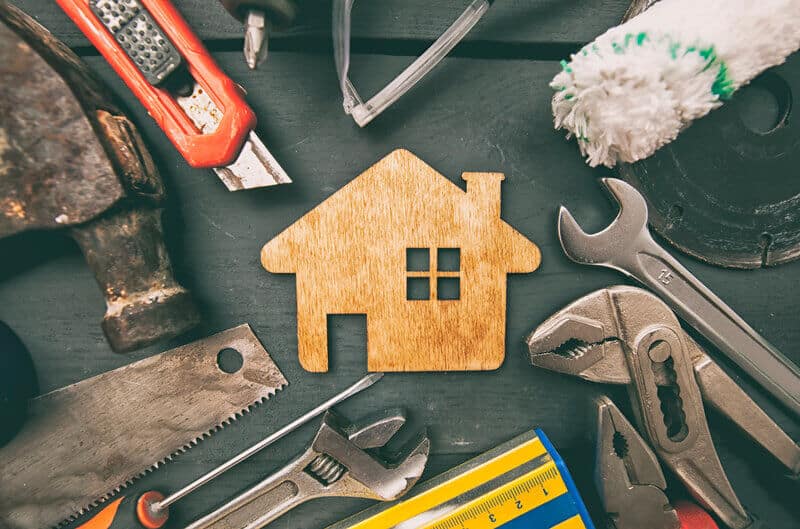Building Maintenance: Why Regular Care Keeps Your Property in Top Shape
Owning a property is a significant investment, and like any valuable asset, it requires ongoing care to maintain its value and functionality. Building maintenance isn’t just about fixing issues when they arise; it’s about taking proactive measures to prevent problems before they occur. Regular maintenance is the key to ensuring that your property remains safe, efficient, and visually appealing for years to come.
Here’s why it’s essential and how it benefits you in the long run.
A. Preserving Property Value:
A well-maintained property holds its value better over time. Regular care ensures that:
- Structural integrity: Repairs to the roof, foundation, and walls prevent long-term damage.
- Curb appeal: Fresh paint, clean surfaces, and tidy landscaping make a strong impression on visitors and potential buyers.
- Functional systems: Properly maintained HVAC, plumbing, and electrical systems reduce the risk of costly breakdowns.
When the time comes to sell or lease your property, its condition will directly impact its market value and attractiveness to prospective buyers or tenants.
B. Enhancing Safety and Compliance:
Safety should always be a top priority. Regular maintenance helps identify and address hazards such as:
- Electrical faults: Preventing fires caused by outdated or damaged wiring.
- Slip and fall risks: Fixing uneven flooring, loose handrails, or icy walkways.
- Structural issues: Addressing cracks or weaknesses in the building’s framework.
Additionally, routine inspections ensure compliance with local building codes and regulations, protecting you from fines and legal complications.
C. Reducing Long-Term Costs:
Neglecting maintenance often leads to expensive repairs down the line. By addressing small issues promptly, you can:
- Avoid major repairs: Fixing a minor roof leak today prevents costly water damage later.
- Extend the lifespan of systems: Regular servicing of HVAC units and boilers ensures they operate efficiently for years.
- Minimize energy costs: Sealing gaps, insulating properly, and maintaining systems improve energy efficiency, reducing utility bills.
Proactive care is always more cost-effective than dealing with emergencies or replacing neglected components.
D. Improving Tenant and Occupant Satisfaction:
For commercial or rental properties, regular maintenance is critical to keeping tenants happy. A well-maintained building:
- Ensures comfort: Functional heating, cooling, and plumbing systems enhance the living or working environment.
- Builds trust: Promptly addressing maintenance requests shows tenants that their concerns are valued.
- Reduces turnover: Satisfied tenants are more likely to renew leases, providing stability and steady income.
Happy occupants contribute to a positive reputation for your property, making it easier to attract and retain tenants.
E. Supporting Sustainability:
Regular maintenance plays a significant role in making your property eco-friendly. By monitoring and upgrading systems, you can:
- Reduce waste: Timely repairs prevent the need for complete replacements.
- Conserve energy: Ensure HVAC and lighting systems run efficiently.
- Adopt green technologies: Identify opportunities to incorporate solar panels, rainwater harvesting, or energy-efficient appliances.
Sustainability efforts not only benefit the environment but can also reduce operating costs and attract environmentally conscious tenants or buyers.
Tips for Effective Building Maintenance
- Create a maintenance schedule: Outline regular tasks such as HVAC servicing, gutter cleaning, and inspections.
- Keep records: Document all maintenance activities, repairs, and upgrades for future reference.
- Hire professionals: Work with qualified contractors and technicians to ensure quality workmanship.
- Conduct seasonal checks: Address weather-specific needs, such as winterizing pipes or checking for storm damage.
Conclusion
Regular building maintenance is more than just a responsibility; it’s an investment in the longevity and value of your property. By staying proactive and addressing issues as they arise, you can avoid costly repairs, ensure safety, and create a pleasant environment for occupants. Whether you own a residential property or manage a commercial space, consistent care is the foundation of a well-maintained and thriving asset.

